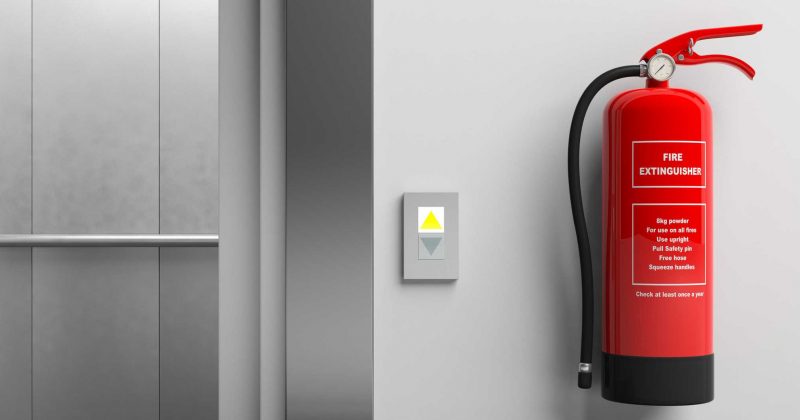
Do Fire Extinguishers expire?
Every building in the UK can benefit from having a fire extinguisher, but it’s important to have the right type of extinguisher and to keep…
Read More »Help & Advice

Every building in the UK can benefit from having a fire extinguisher, but it’s important to have the right type of extinguisher and to keep…
Read More »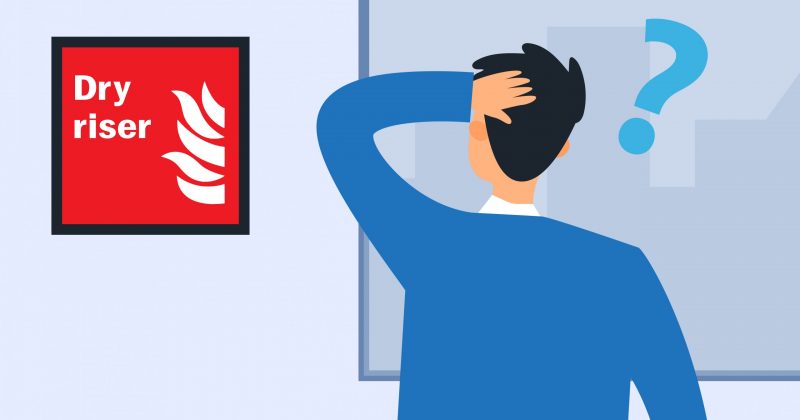
A dry riser system is an empty pipe running up the inside of a building which can be connected to by firefighters and used as…
Read More »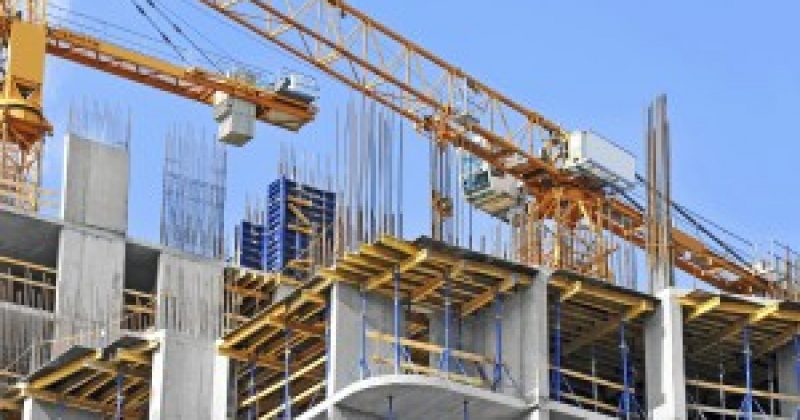
Construction sites are high risk areas for a number of reasons, many of them obvious. The danger of a potential fire breaking out is definitely…
Read More »
Each commercial industry in the UK is subject to the guidelines laid out by the Regulatory Reform (Fire Safety) Order 2005 – a piece of…
Read More »
Hundreds of thousands of fires, both big and small, break out in workplaces around the country every year. While many are controllable and only a…
Read More »
Having sufficient fire safety equipment within a commercial environment is vital to the ongoing health and safety of staff and visitors. Indeed, it is a…
Read More »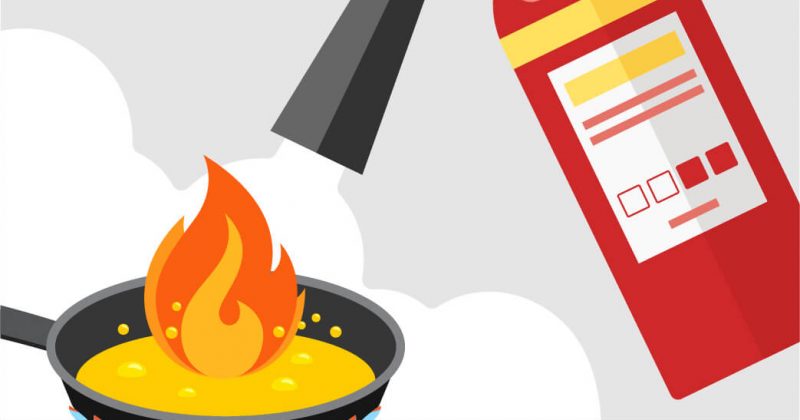
What is a Class F fire? Class F fires are fires which involve cooking oil or fat. Though technically a sub-class of fires caused by…
Read More »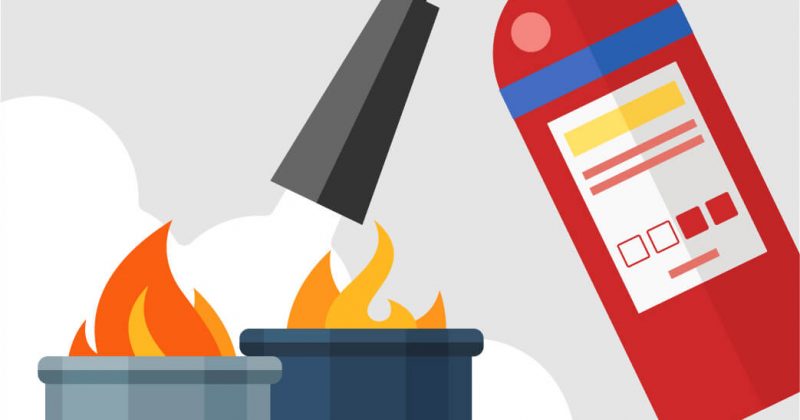
What is a Class D fire? A Class D fire is characterised by the presence of burning metals. Only certain metals are flammable and examples…
Read More »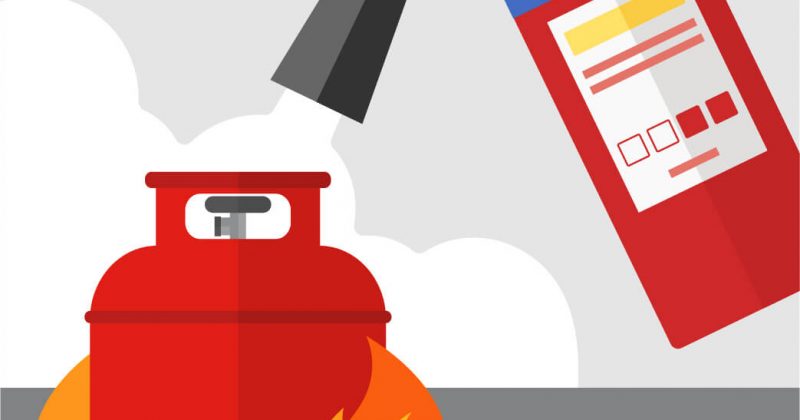
What is a Class C fire? Class C fires are identified by the presence of a burning gas. The most common flammable gases involved in…
Read More »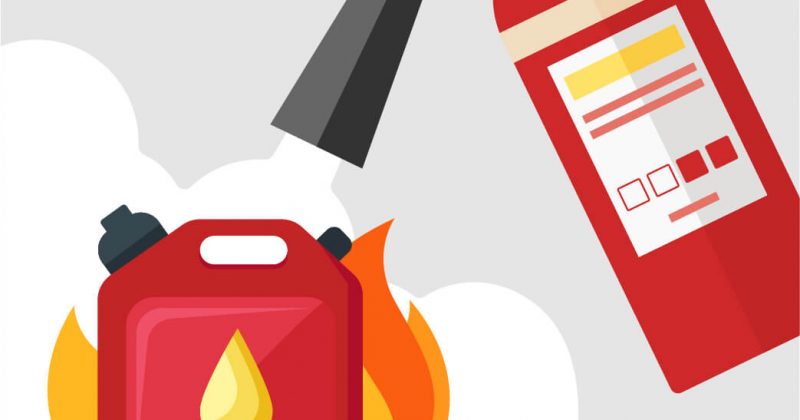
What is a Class B fire? Class B fires are fires which involve flammable or combustible liquids. The presence of these liquids, which are also…
Read More »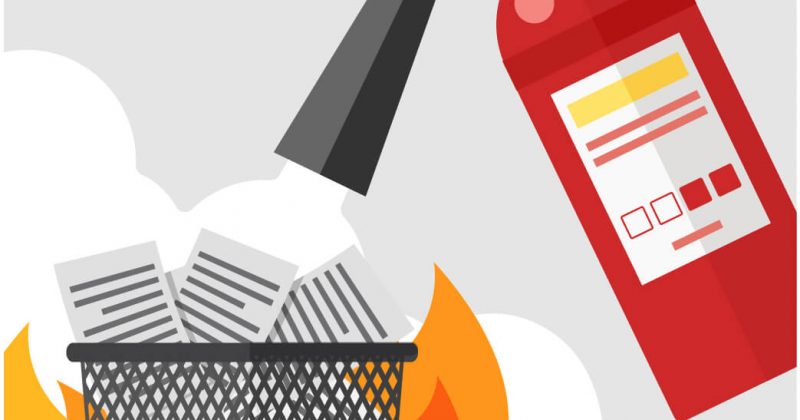
What is a Class A fire? Class A fires, also sometimes known as ‘ordinary combustible’ fires, involve solid materials of an organic nature, such as…
Read More »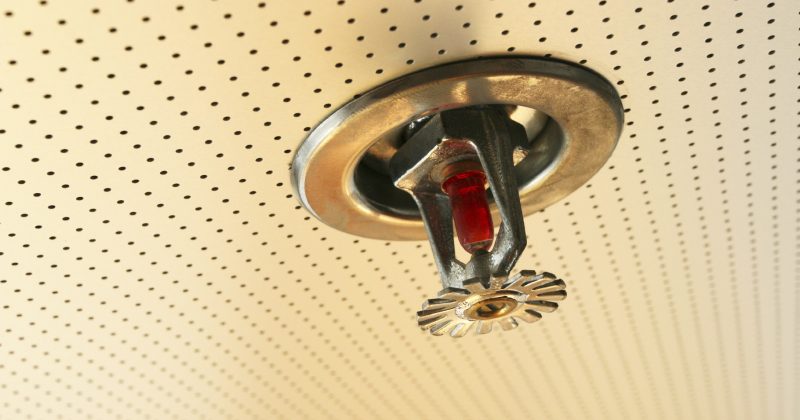
A new campaign launched this month by Devon and Somerset Fire and Rescue Service is promoting the use of sprinkler systems and, in particular, the…
Read More »This website uses cookies to enhance your browsing experience and deliver personalised ads. By clicking “Accept All Cookies”, you agree to the storing of cookies on your device to enhance site navigation, analyse site usage, and assist in our marketing efforts.